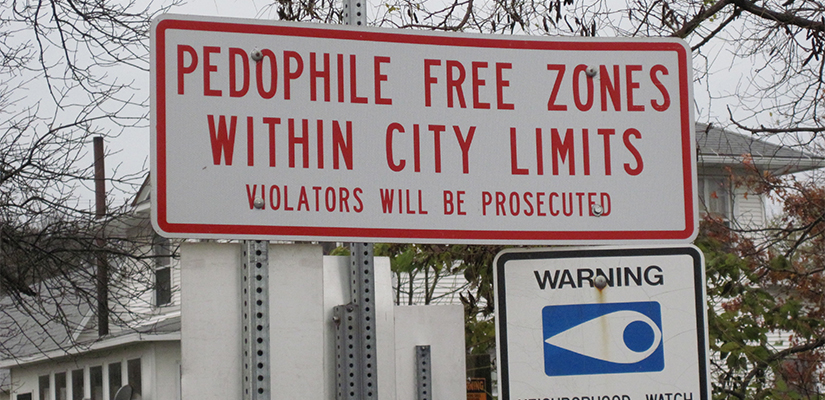Legal disputes often arise when the State of California has a law in a certain area and a local city creates a law that may be in conflict with the state law. This is what is occurring now in the case of People v. Godinez, 30-2011-00530069 (Orange Super. Ct., filed Dec. 15, 2011). Judges Craig L. Griffin, Clay M. Smith, and Charles Margines will decide whether local governments and municipalities have the authority to enact additional residency requirements for registered sex offenders in the state of California.

The case involves appellant Hugo Godinez. Godinez is a registered sex offender with the Costa Mesa Police Department. Godinez allegedly entered Mile Square Regional Park in Fountain Valley on May 5, 2011, which constitutes a violation of the Orange County Child Safety Zone Ordinance. As a result, he was convicted and sentenced to 100 days in jail and five years probation.
Orange County prosecutor Brian F. Fitzpatrick defends the Orange County Child Safety Zone Ordinance by arguing for the need for more local ordinances in order to tailor to the needs of the different jurisdictions. However, Godinez’s attorney, Deputy Public Defender Scott M. Van Camp, argues that local laws which add additional residency requirements for sex offenders are unconstitutional because they are pre-empted by state law. Preemption is the legal theory that one law is supreme over another law on the same subject matter. Van Camp further argues that with so many different residency requirements in place, sex offenders have a difficult time finding a place to reside without violating a local ordinance.
The California Constitution is unclear on this issue. Article 8, Section 7 of the California Constitution states that “A county or city may make and enforce within its limits all local, police, sanitary, and other ordinances and regulations not in conflict with general laws.” The appellate judges in this case will decide whether local residency requirements for sex offenders conflict with state laws. One factor the judges would take into consideration is whether local laws further burden its citizens and whether the laws make it difficult for sex offenders to understand the requirements. Generally, if a law or ordinance is too confusing or would confuse its citizens as to its requirements, the court would find the law unconstitutional.
The judges will make a ruling on this case within three months. Currently, residency requirements for sex offenders are complex and confusing. If you have been convicted for a sexual offense and need more information about the various residency requirements, then you need an experienced lawyer from Wallin & Klarich. If you have questions regarding your case, call us at 888-280-6839. With offices throughout Los Angeles, Riverside, San Bernardino, Ventura, and Orange Counties, we are able to be there for you wherever you happen to live. We will be there when you call.



